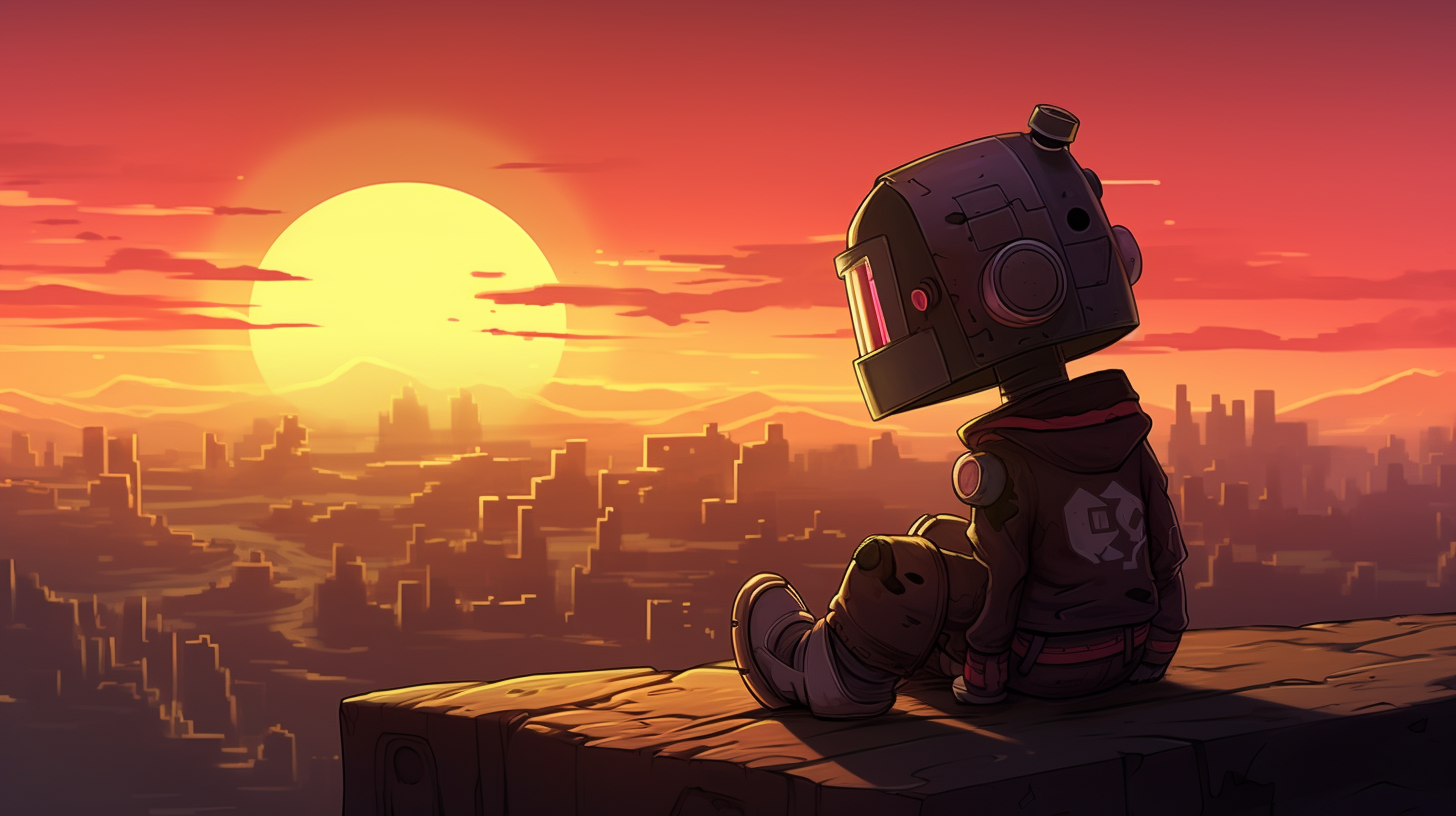Procrastination is the art of keeping up with yesterday.
Don Marquis
We’ve all been there. The deadline is looming, and the task is clear, but we can’t seem to get started. We delay, dawdle, and distract ourselves with anything but the task. This is procrastination, a common human behaviour that is often seen as a negative trait. But what if I told you there’s more to procrastination than meets the eye? And what if I told you that it’s closely related to a concept called Akrasia? Let’s dive in.
Akrasia, a term coined by ancient Greek philosophers, refers to the state of acting against one’s better judgment. It’s when we know what we should do for our own good but end up doing something else. Sounds familiar, right? That’s because Akrasia is the philosophical cousin of procrastination. They both involve a disconnect between our intentions and our actions.
The Unexpected Benefits
Procrastination is my sin. It brings me naught but sorrow. I know that I should stop it. In fact, I will–tomorrow!
Gloria Pitzer
Procrastination and Akrasia often get a bad rap. They’re seen as barriers to productivity and hurdles to overcome on the path to success. But here’s a thought: what if they’re not entirely bad? What if, in some cases, they can be beneficial?
Consider this: procrastination can sometimes be a form of incubation. It gives our minds the space to subconsciously mull over problems and develop creative solutions. During these delay periods, we often have our ‘eureka’ moments.
Similarly, Akrasia can signal that we need to reassess our goals and priorities. If we’re consistently not doing what we think we should be doing, maybe it’s time to question whether it’s really what we want or need.
In the words of Jerry Seinfeld, “Night Guy always screws Morning Guy. There’s nothing Morning Guy can do. The only Morning Guy can do is try and oversleep often enough so that Day Guy loses his job and Night Guy has no money to go out anymore.” This humorous take on Akrasia highlights the internal conflict we often face between our present and future selves.
Finding Balance
So, next time you are procrastinating or experiencing Akrasia, don’t be too hard on yourself. Take a step back and consider what these behaviours are trying to tell you. Are they providing you with the space to think creatively? Are they signalling that you need to reassess your goals?
Remember, as with most things in life. It’s all about balance. Too much procrastination or Akrasia can certainly be detrimental. But they can provide valuable insights and unexpected benefits in the right amounts.
Procrastination is the thief of time, collar him.
Charles Dickens
Yes, collar him, but perhaps, now and then, let him steal a little time. You might be surprised at what he leaves behind in its place.
Explore More
If you enjoyed this and want to dive deeper into the topic, here are some additional resources you might find interesting:
- 📚 Atomic Habits by James Clear is a guide that illuminates how tiny changes in our daily routines can lead to remarkable results, much like how the subtle act of procrastination can lead to unexpected benefits. The book emphasizes the power of compound effects, akin to how the seemingly negative traits of akrasia and procrastination can, over time, yield positive insights and creative solutions.
- 📚 How to Decide by Annie Duke offers a practical framework for making better decisions, a process that often involves questioning our assumptions, much like the introspection required when dealing with akrasia and procrastination. The book underscores the importance of embracing uncertainty and learning from outcomes, echoing the unexpected virtues of delay and the insights they can provide.
- 📝 “Do as Little as Needed, Not as Much as Possible” by Tim Denning on Medium challenges the conventional wisdom of productivity, advocating for doing less rather than more. It suggests that the most effective approach is often the simplest one, a concept that aligns with the unexpected benefits of procrastination and akrasia, where less immediate action can lead to greater insights and creativity.

